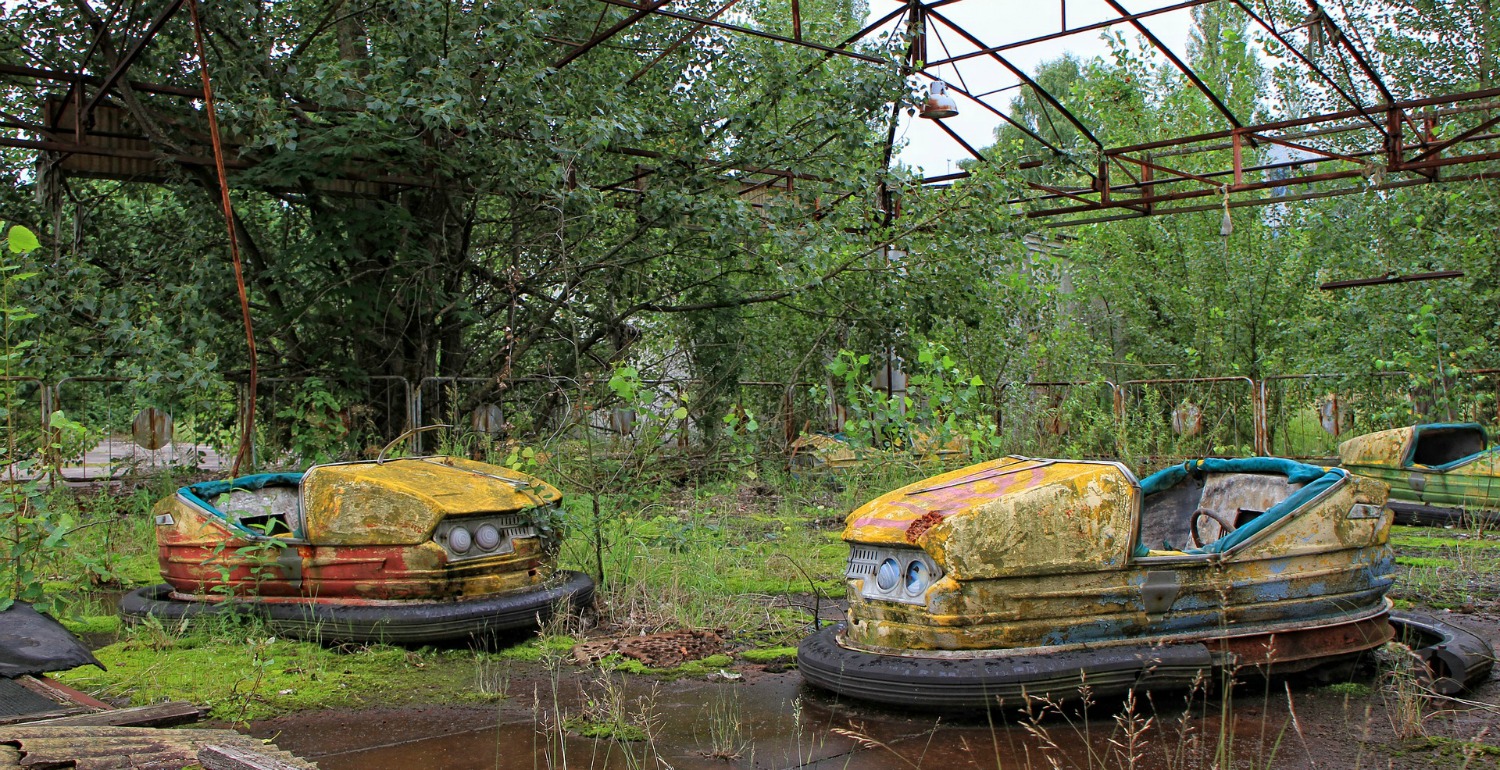This hearing, chaired by Sen. Sam Brownback and Rep. Chris Smith marked the 20th anniversary of the nuclear disaster in Chornobyl, Ukraine. This is not only significant because of the long-term effects that the catastrophe had in the area, but also because of the circumstances under which it took place. More specifically, as Smith did not fail to point out at the hearing’s start, the explosion took place under the veil of secrecy brought to the world by the Soviet Union. The nuclear reactor at the Chornobyl site was part and parcel of U.S.S.R. property, so the Soviet Union was able to conceal what transpired from the outside world.
This hearing emphasized much needed work to be done for the residents of Chornobyl, including aid by the United States.






